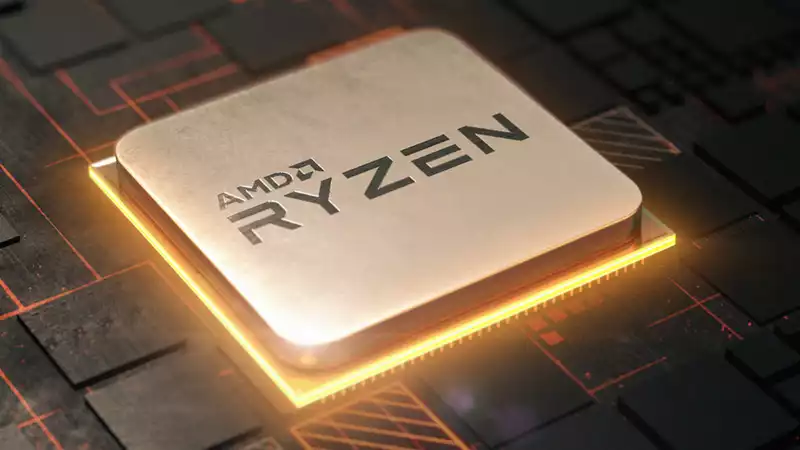Below is the full statement from AMD sent to our friends at Tom's Hardware.
"We are aware of reports that some motherboards may underreport certain power telemetry data, which may alter the performance and/or operation of AMD Ryzen processors under certain conditions. AMD is investigating the accuracy of these reports."
"We would like to clarify for our customers: AMD Ryzen processors contain a variety of internal safeguards that operate independently of external data sources. These safeguards enhance the safety and reliability of the processor during inventory operations. Our initial assessment is that modifying the external telemetry in the manner described in these public reports is not expected to have a material impact on the life or safety of the user's processor.
Original text Some motherboard manufacturers have reportedly fed AMD Ryzen CPUs with biased telemetry data in order to enhance system performance, and some chips may significantly exceed factory recommended specifications. But not to worry, the latest version of HWiNFO tells us what motherboard manufacturers won't.
To understand what's going on here, you need to understand how AMD Ryzen reports power and what determines the chip's power limit. Fortunately, there is a detailed post on the HWiNFO forum by overclocker The Stilt (via Overclockers).
As The Stilt explains, "Ryzen CPUs for the AM4 platform rely on telemetry from external, motherboards to determine power consumption. Voltage, current, and power telemetry is provided to the processor from the motherboard VRM controller via the AMD SVI2 interface. This information is consumed by the processor's power management coprocessor, which is responsible for adjusting CPU operating parameters and ensuring that CPU SKU, platform, or infrastructure-specific limits are not violated.
".it is the motherboard manufacturer responsibility to find the correct value for their motherboard design through the means of calibration, then to declare it properly in AGES. Then to declare it properly in AGESA during the BIOS compile time. If the correct value specific to the motherboard design differs significantly from the declared value, it will bias the power consumption seen by the CPU"
.
The problem here is that a motherboard manufacturer can, if it so chooses, supply data that does not exactly match what is expected from any given chip, causing the chip to operate above or below its rated power limit.
In the new version of HWiNFO, v6.27-4185 Beta, this proposed tolerance is reported as a "Power Reporting Deviation" value, which is around 100% (100% is as close to an unbiased value as possible).
A deviation from 100% means that the CPU is likely to be slightly below or above its power rating.
To report stable values, The Stint recommends running the Cinebench R20 NT benchmark with the HWiNFO sample rate set below 1000 ms.
Currently, only some MSI motherboards offer user-configurable bias. Other affected motherboards will need to patch the feature or patch out the bias in an upcoming BIOS update.
How much will the extra power envelope affect performance? However, the performance benefits gained from such a change will depend on the degree of deviation from one motherboard to another.
Another question is whether overclocking shortens the life of the chip. My gut feeling is that it has very little effect on CPU life, and you should use the chip much longer than most people tend to do, but to draw anything close to a conclusion would require further testing on a mobo-by-mobo basis, and you probably aren't going to wait more than 10 years to find out! .
.

Comments